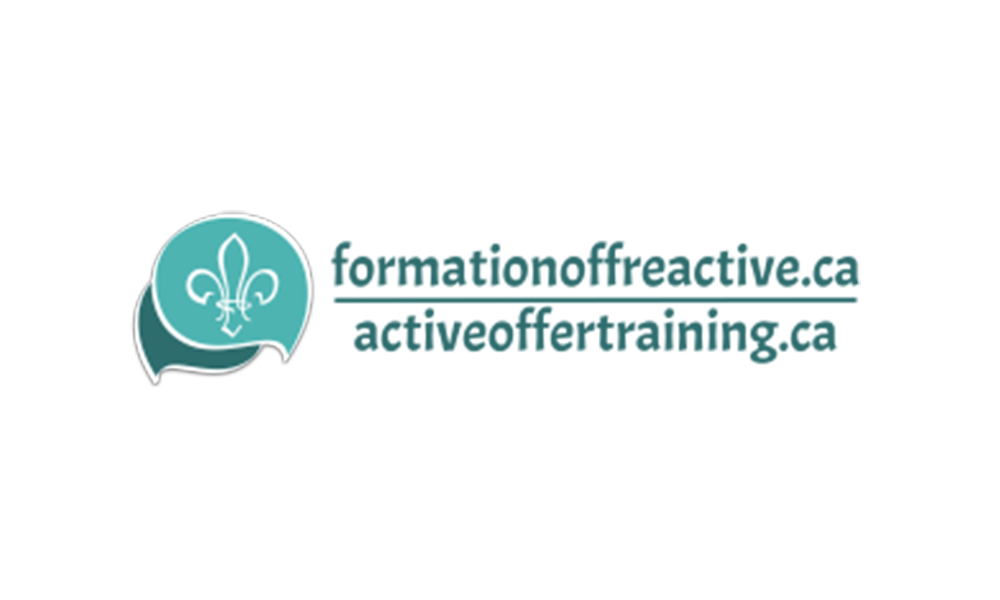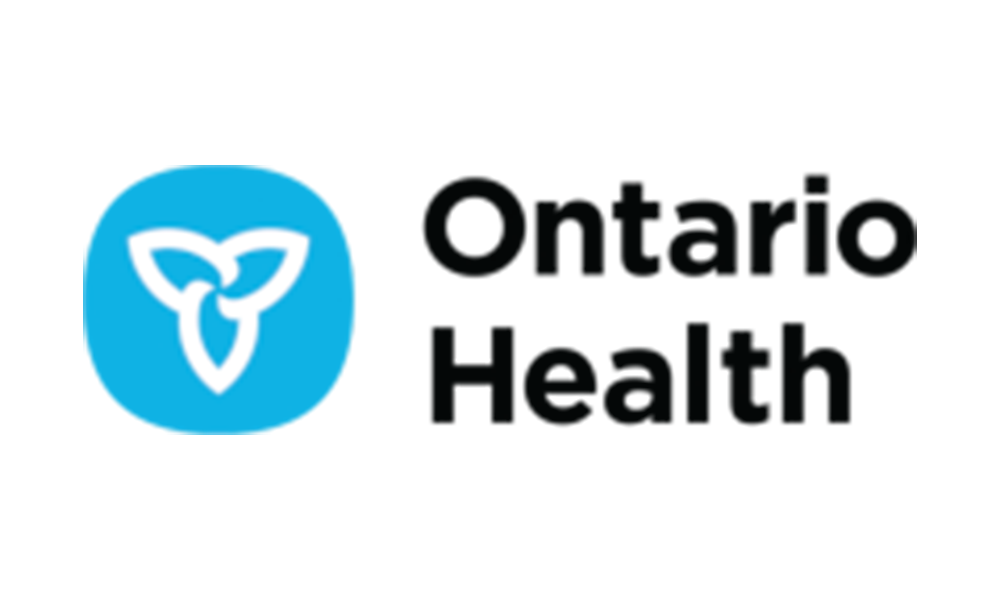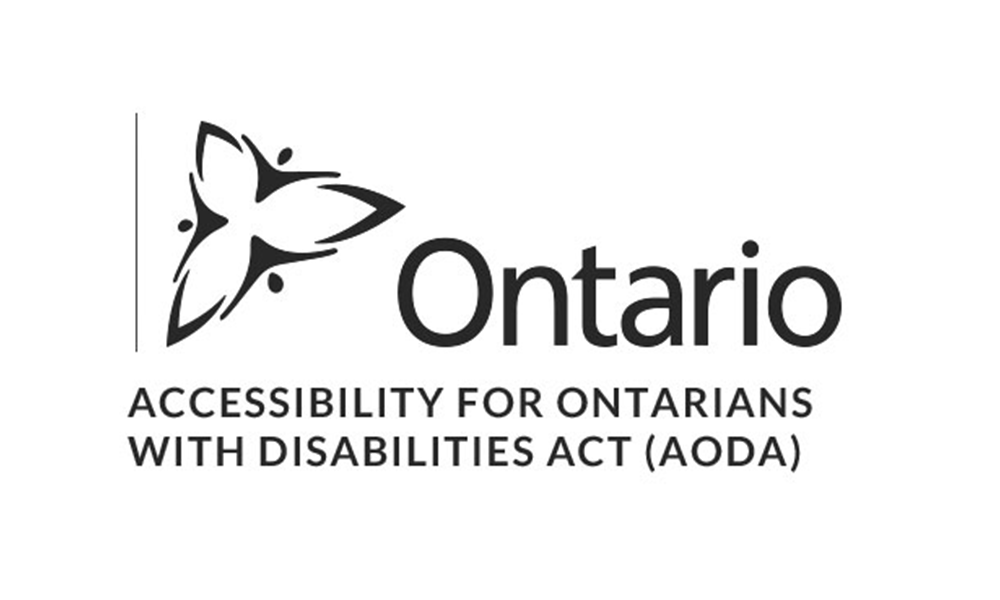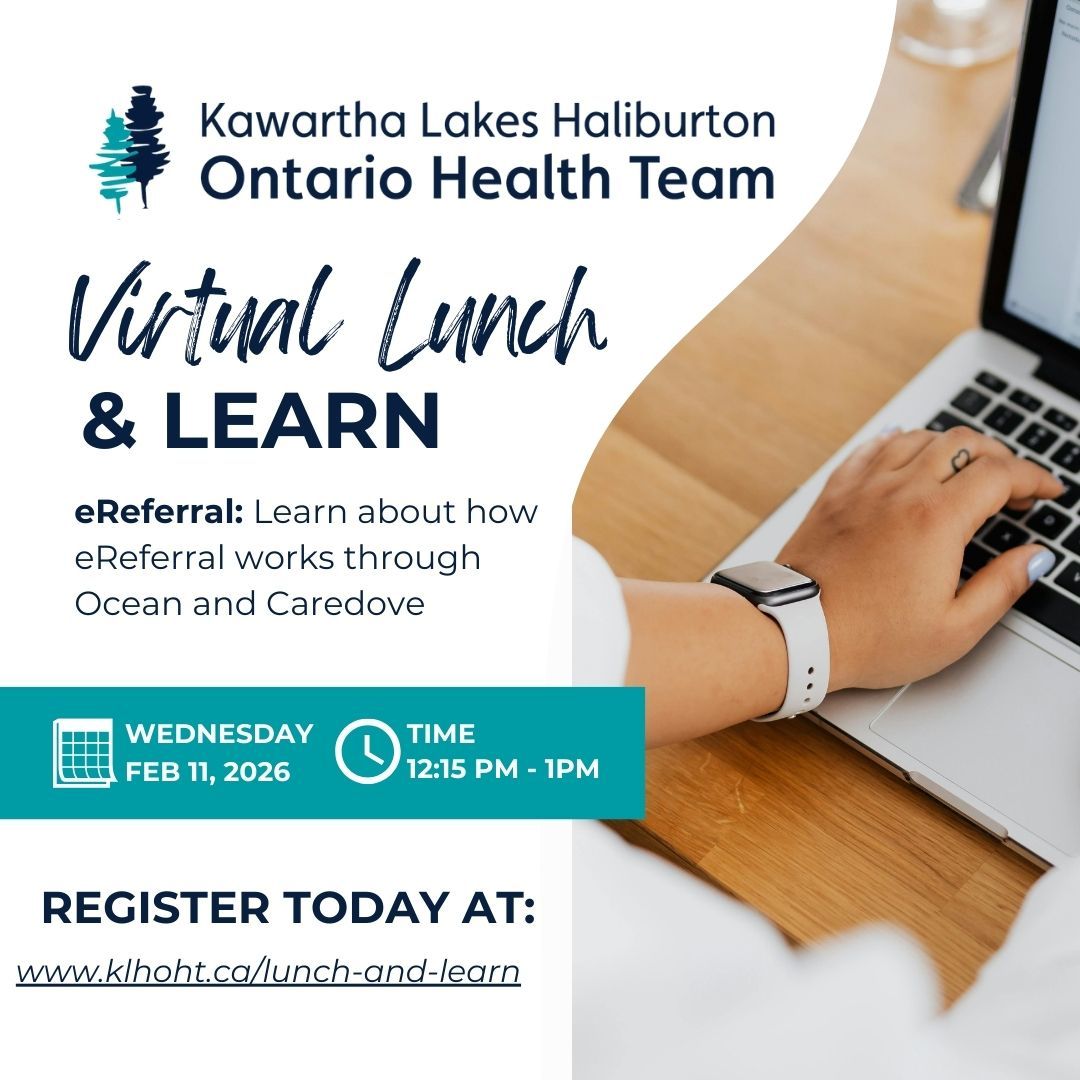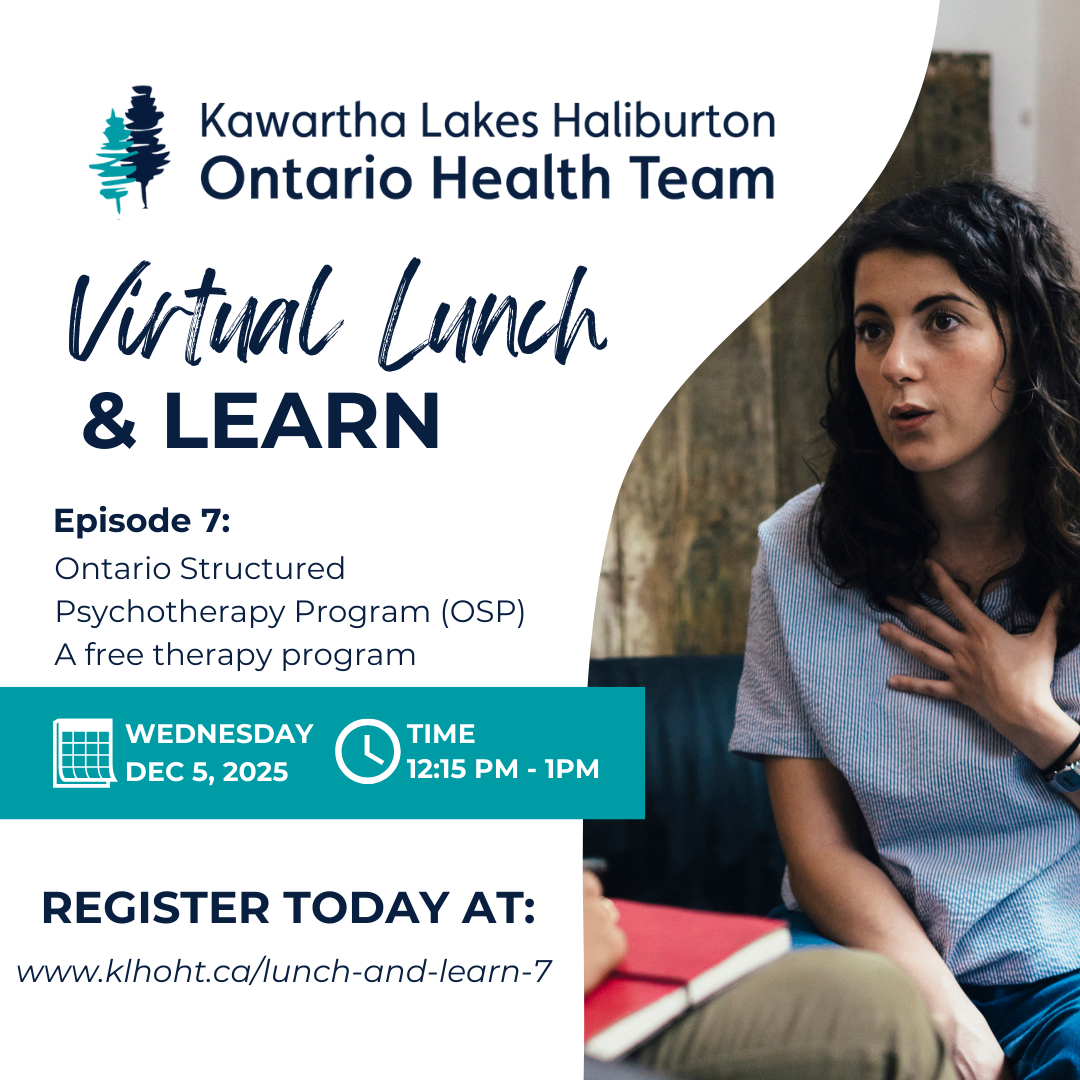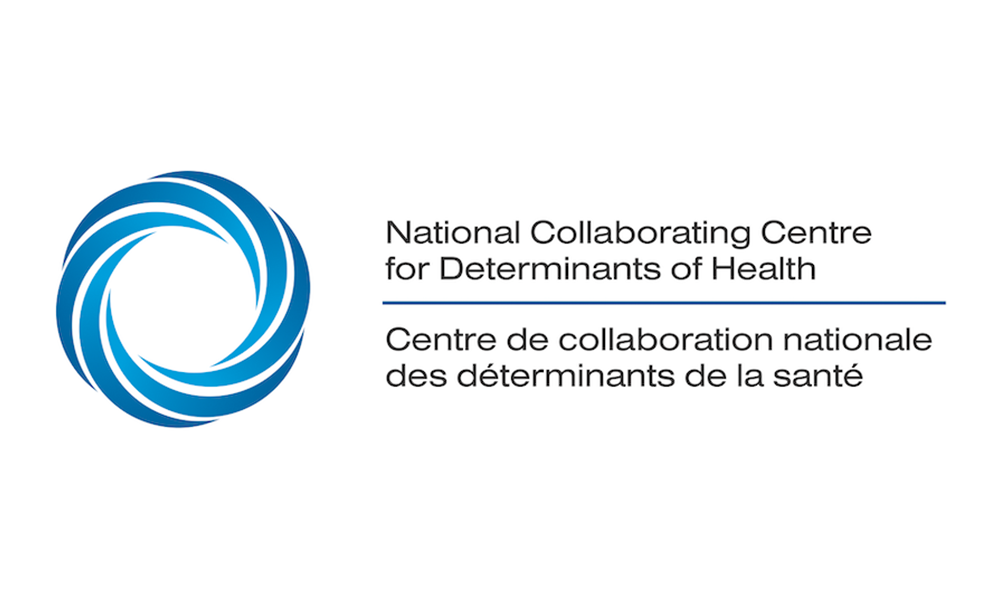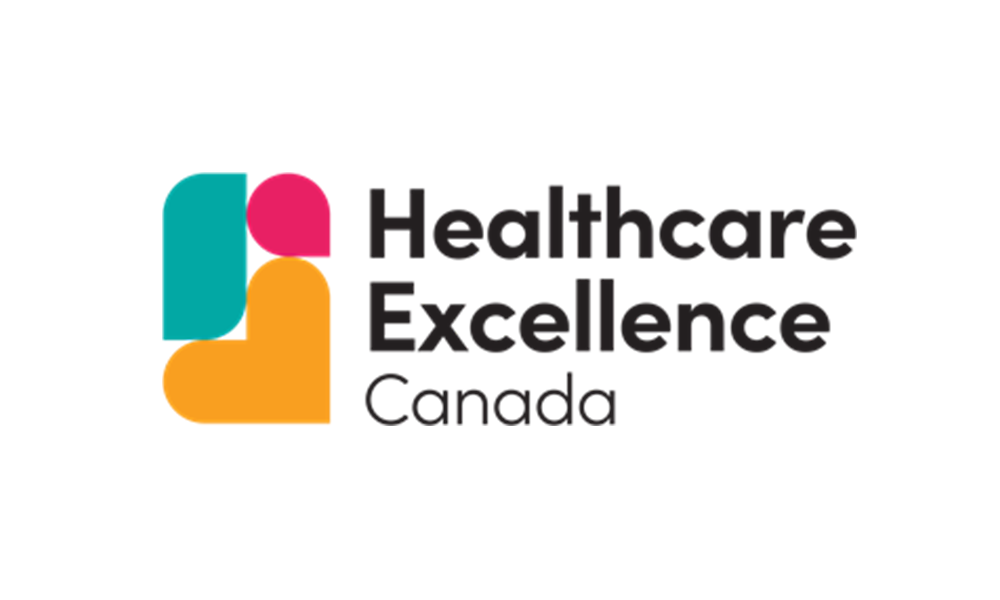Community Paramedic Remote Patient Monitoring Program Update
The Community Paramedic team continues to grow, with two new Community Paramedics recently joining the team. This will allow to a greater reach in our community and for more patients to be added to the program. The Community Paramedic team conducts pro-active, scheduled home visits, wellness assessments and phone calls to high need patients following discharge until the patient and family regain their ability to safely and confidently remain at home.
The Community Paramedics also play a vital role in offering the Remote Patient Monitoring program. This program enlists their expertise to provide health education as well as offering easy-to-use devices to monitor a patient’s health from the comfort of their home.
Currently the team has 25 Remote Patient Monitoring devices, with 15 patients already using these devices to help support their health conditions including CHF, COPD, chronic hypertension, lung cancer, and more. The rest of the devices will be rolled out to patients in need in the community, and an additional 25 devices will be added over the next month.
The majority of the patients already participating in the program are 80 years of age and older and many were initially worried they would not be able to use the equipment. After the Community Paramedic sits with them to set up the device and conducted some practice readings however, they love how easy it is to use. Daily readings from all patients to date have been successful at providing the needed health information.
A few of the patients of the Remote Monitoring Program have shared their thoughts on using the devices and how this has helped them monitor their health at home.
“The program makes me feel secure that I know my Community Paramedic can see what is going on with me when she isn’t with me.”
-Marie, 90-year-old living alone with CHF
“Using the equipment is very easy, and it’s nice to get calls from my paramedic if she feels anything is wrong.”
-Shirley, 94-year old from Bobcaygeon living alone with CHF
“I didn’t think I would be able to use the scale for my weight and it has been so easy, I like to be able see what my weight is daily.”
-Isabel, 85-year-old from Lindsay living alone with CHF
“I love that our Community Paramedic can see what my Mom’s readings are, it makes me feel more comfortable when I’m worried or not sure if my Mom is having a decline in her health”
-Lisa, daughter of patient Joan from Lindsay with stage 4 lung cancer
More information on how to request access to the Remote Patient Monitoring program will be made available shortly.
Share this Post
More News

